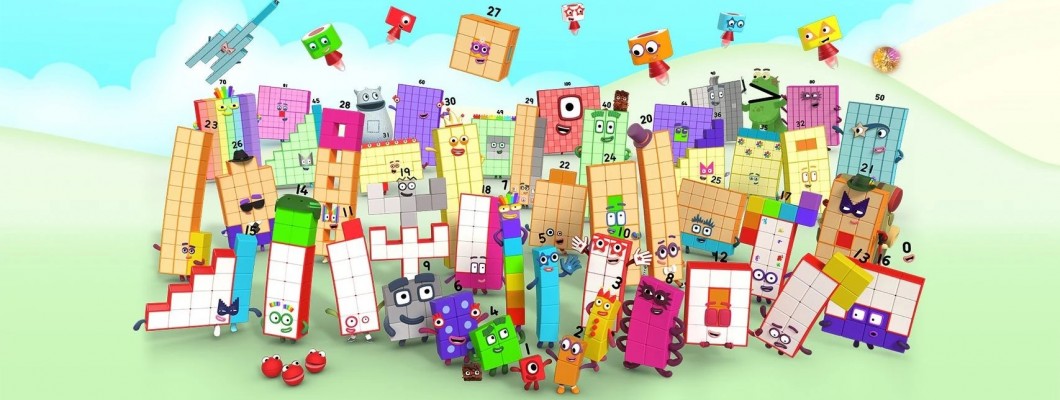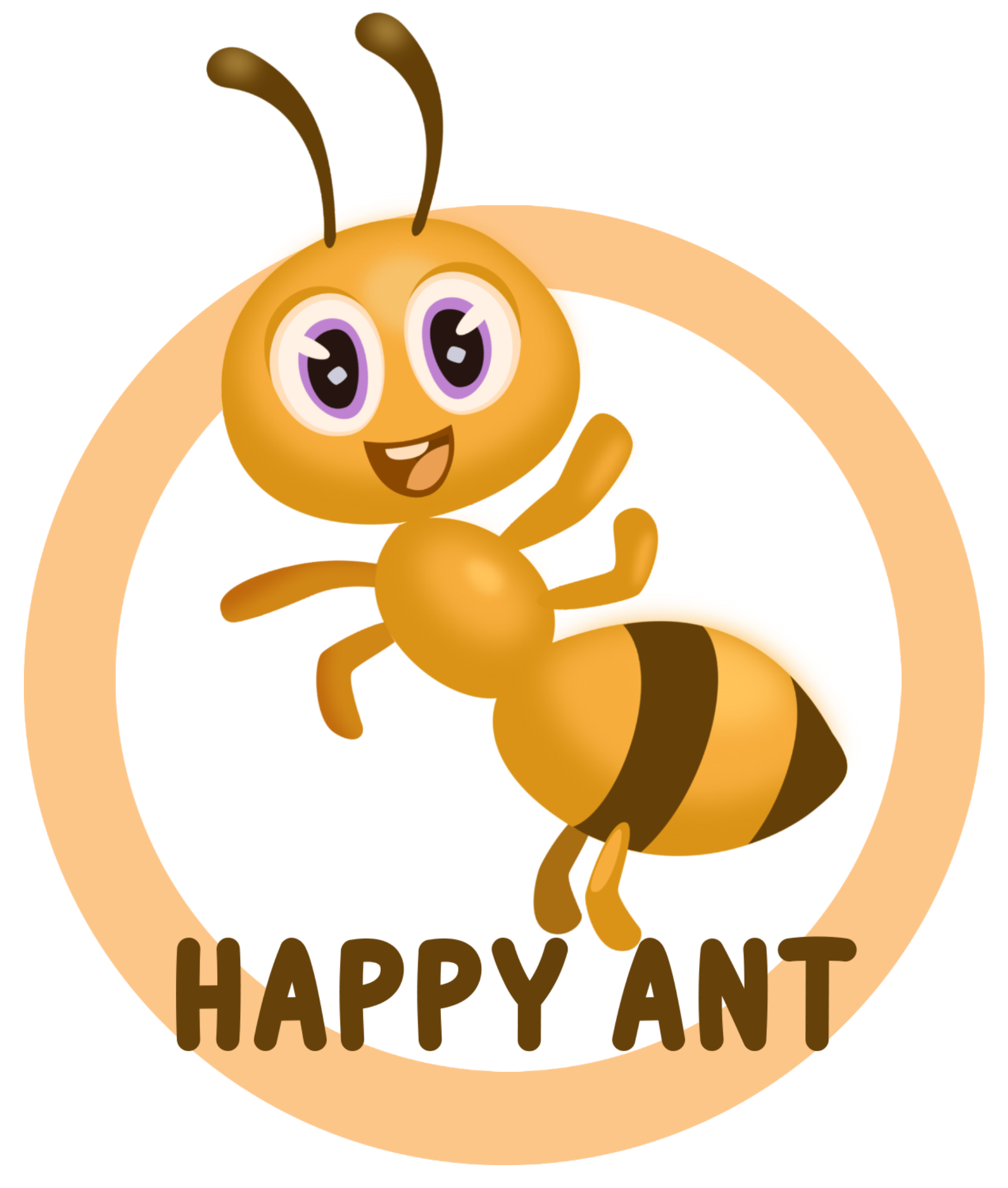منابع
"One" Simon Taylor (Series Director) and Miquel Cabot (Animation Lead) Ben Lee-Delisle, Joe Elliot [1] January 2017
Learn all about the number 1 with Numberblock One herself, as she sings a song about how it's like to be the only one.
"Another One" Simon Taylor (Series Director) and Miquel Cabot (Animation Lead) Joe Elliot, Ciaran Murtagh, & Andrew Jones [2] January 2017
"Two" Simon Taylor (Series Director) and Krissy Josephides (Animation Lead) Ben Lee-Delisle, Joe Elliot [3] January 2017
"One, Two, Three" Simon Taylor (Series Director) and Mariella Capasso (Animation Lead) Ciaran Murtagh & Andrew Jones [4] January 2017
"Four" Simon Taylor (Series Director) and Mariella Capasso (Animation Lead) Ben Lee-Delisle, Ciaran Murtagh, & Andrew Jones [5] January 2017
"Five" Simon Taylor (Series Director) and Krissy Josephides (Animation Lead) Ben Lee-Delisle, Ciaran Murtagh, & Andrew Jones [6] January 2017
"Three Little Pigs" Simon Taylor (Series Director) and Miquel Cabot (Animation Lead) Ciaran Murtagh & Andrew Jones [7] February 2017
"Off We Go!" Simon Taylor (Series Director) and Lizzie Hicks (Animation Lead) Joe Elliot [8] February 2017
"How To Count" Simon Taylor (Series Director) and Miquel Cabot (Animation Lead) Ciaran Murtagh &
Andrew Jones [9] February 2017





نوشتن نظر